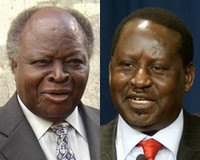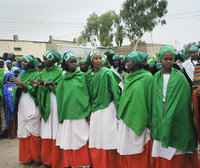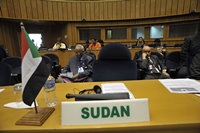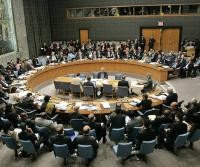
BOMET COUNTY, Kenya — Last month, when Luis Moreno-Ocampo, chief prosecutor for the International Criminal Court (ICC), requested summonses for six individuals on charges related to Kenya’s 2007-2008 post-election violence, a majority of Kenyans applauded. In a country with a deep-rooted culture of impunity, many citizens had given up on domestic justice to deal with those responsible for the violence. On the eve of Ocampo’s announcement, one poll found that 85 percent of Kenyans supported the ICC process, launched after Kenya’s government failed to establish a local tribunal for key perpetrators of the violence. Yet here in Kenya’s Rift Valley […]



